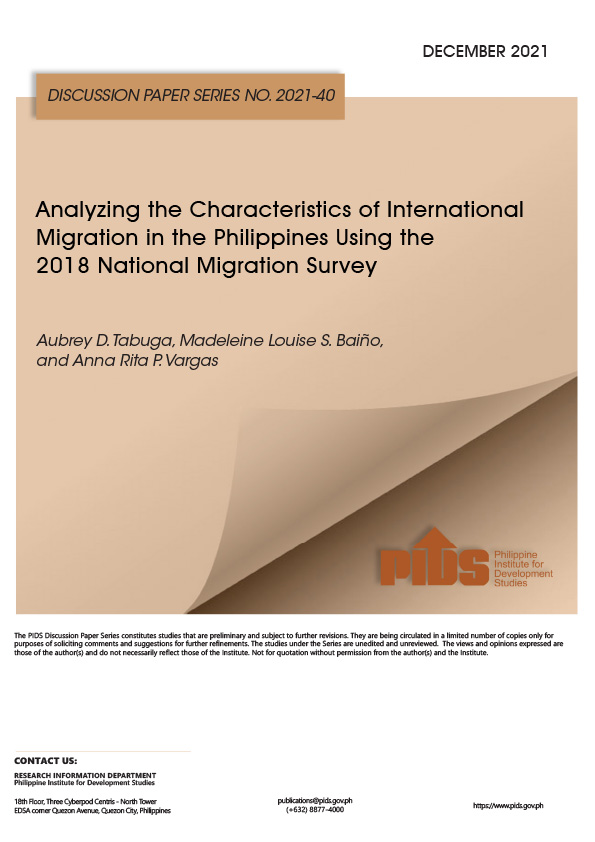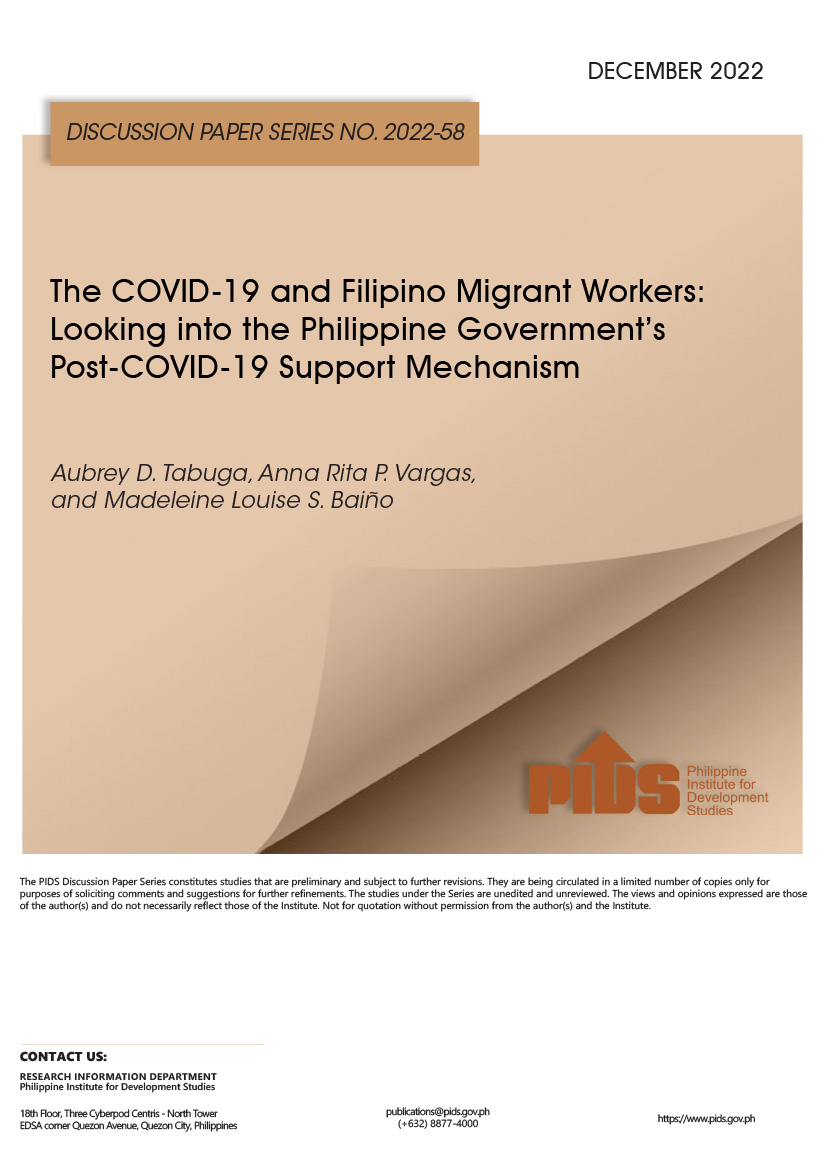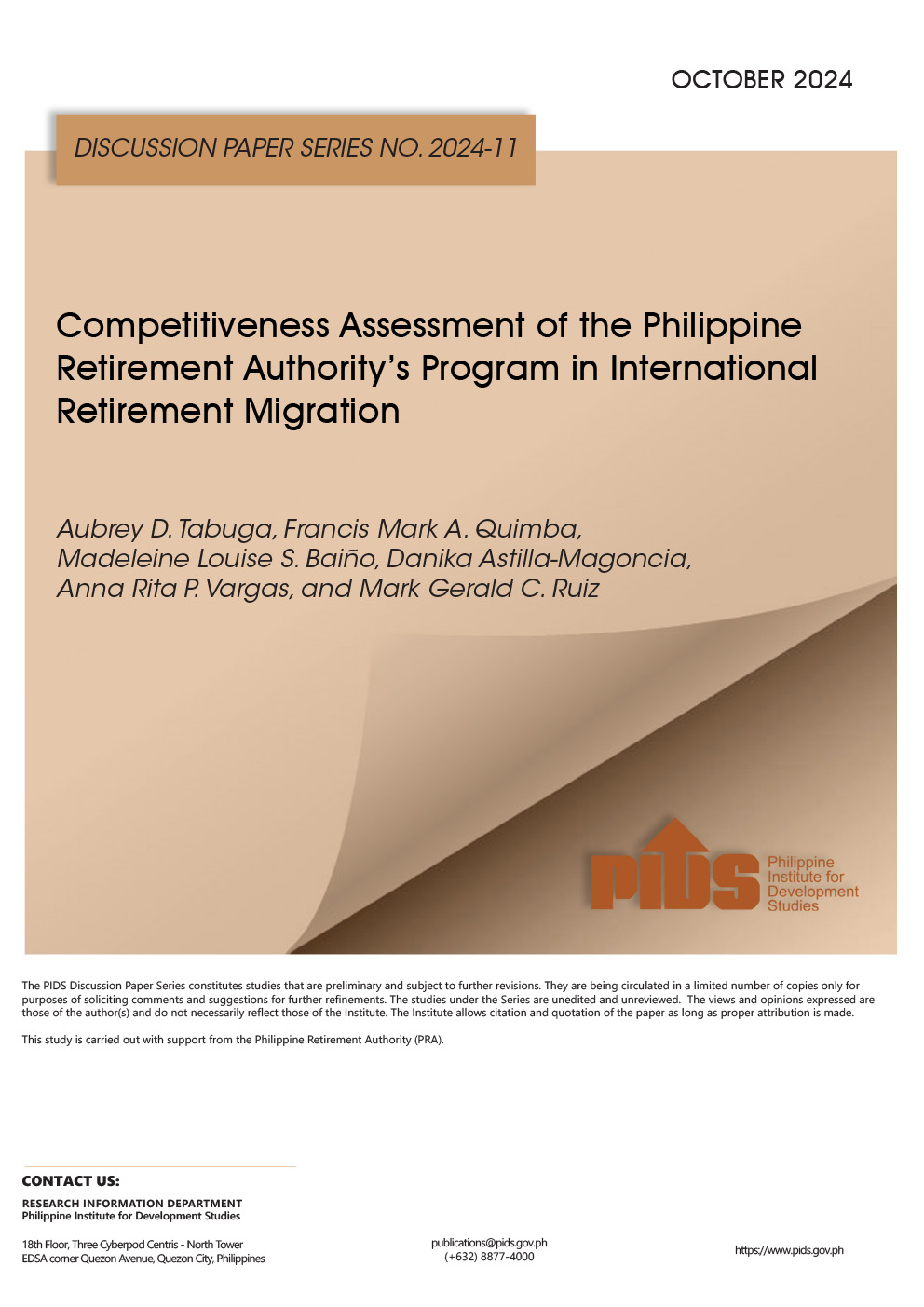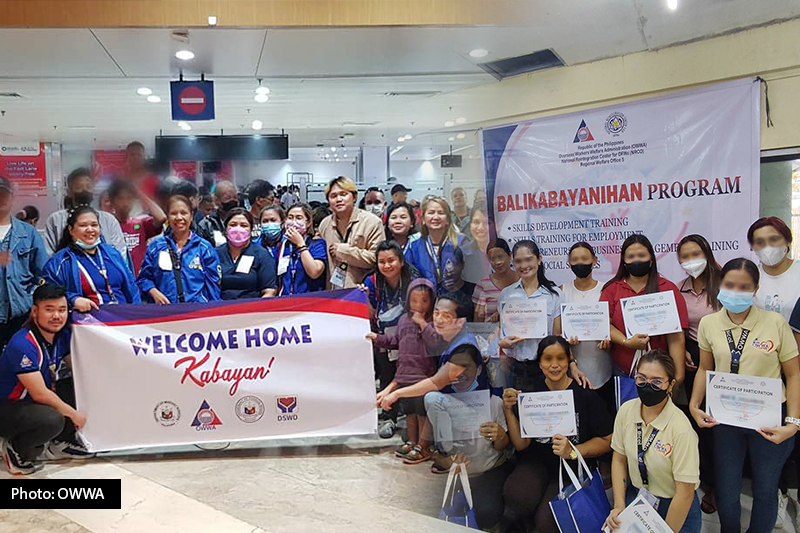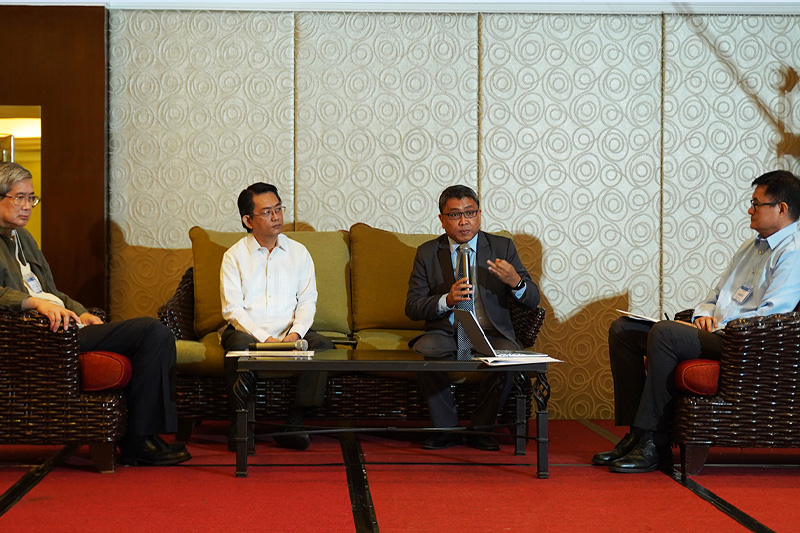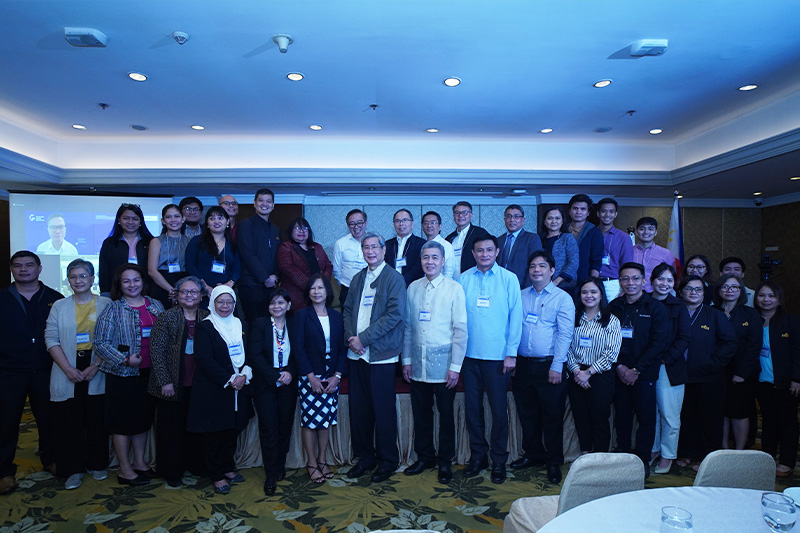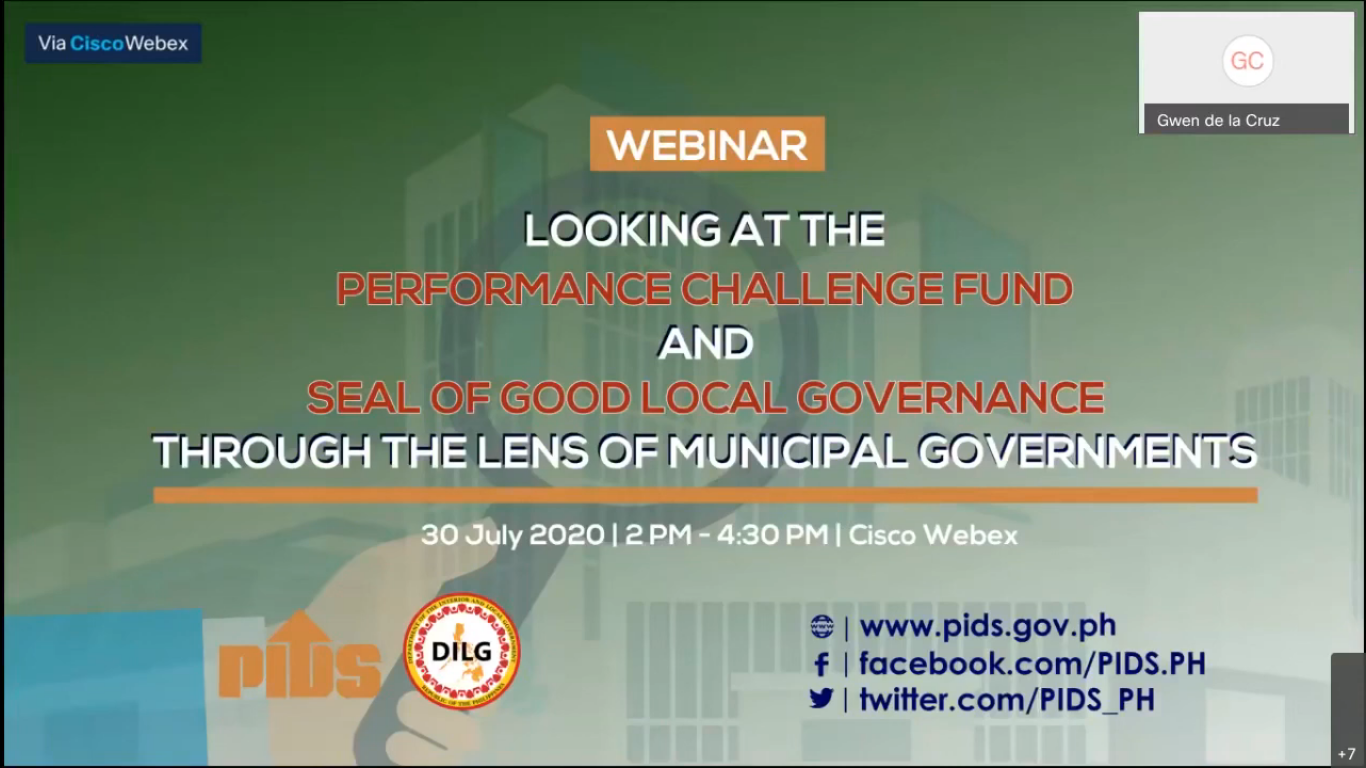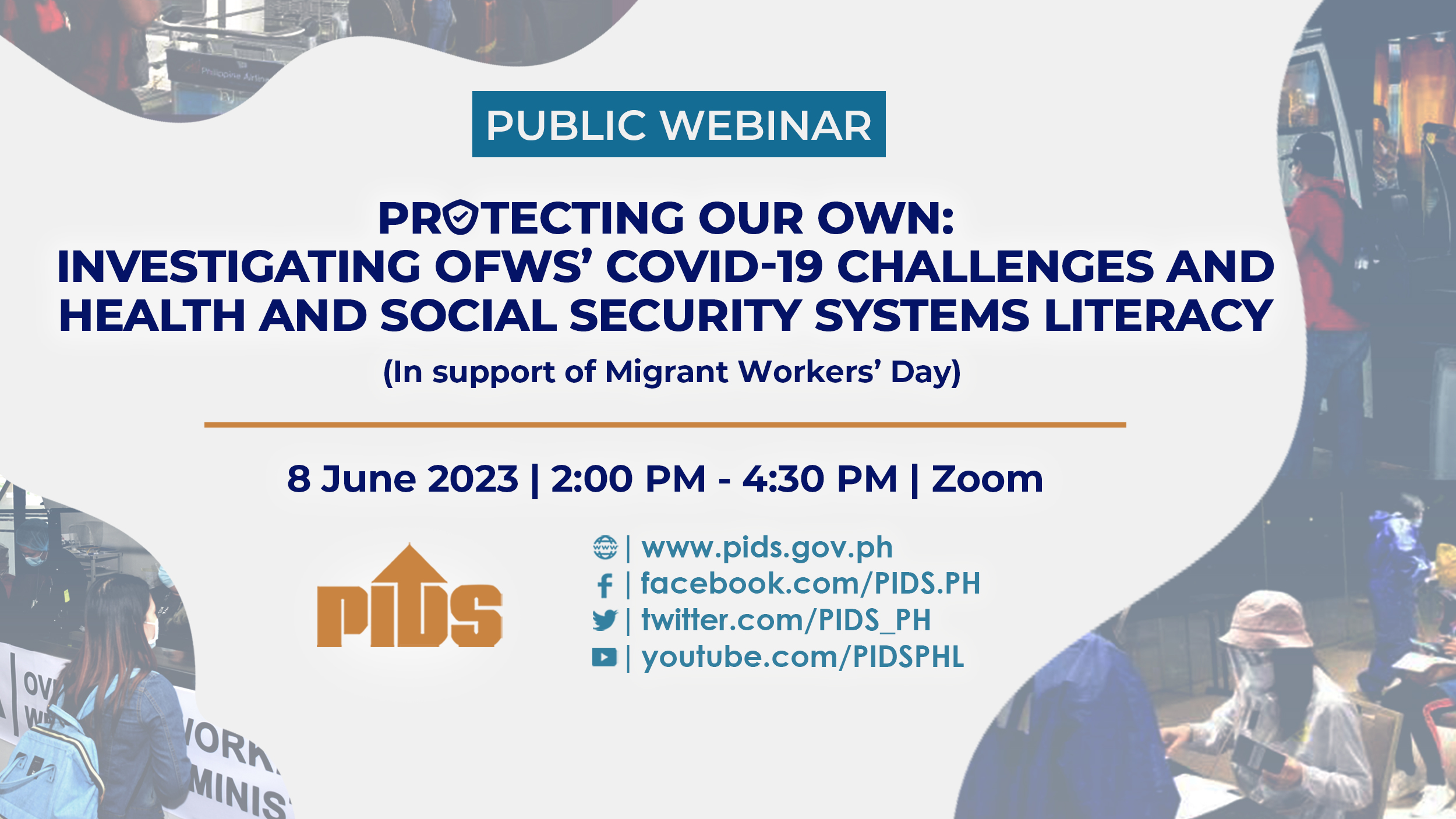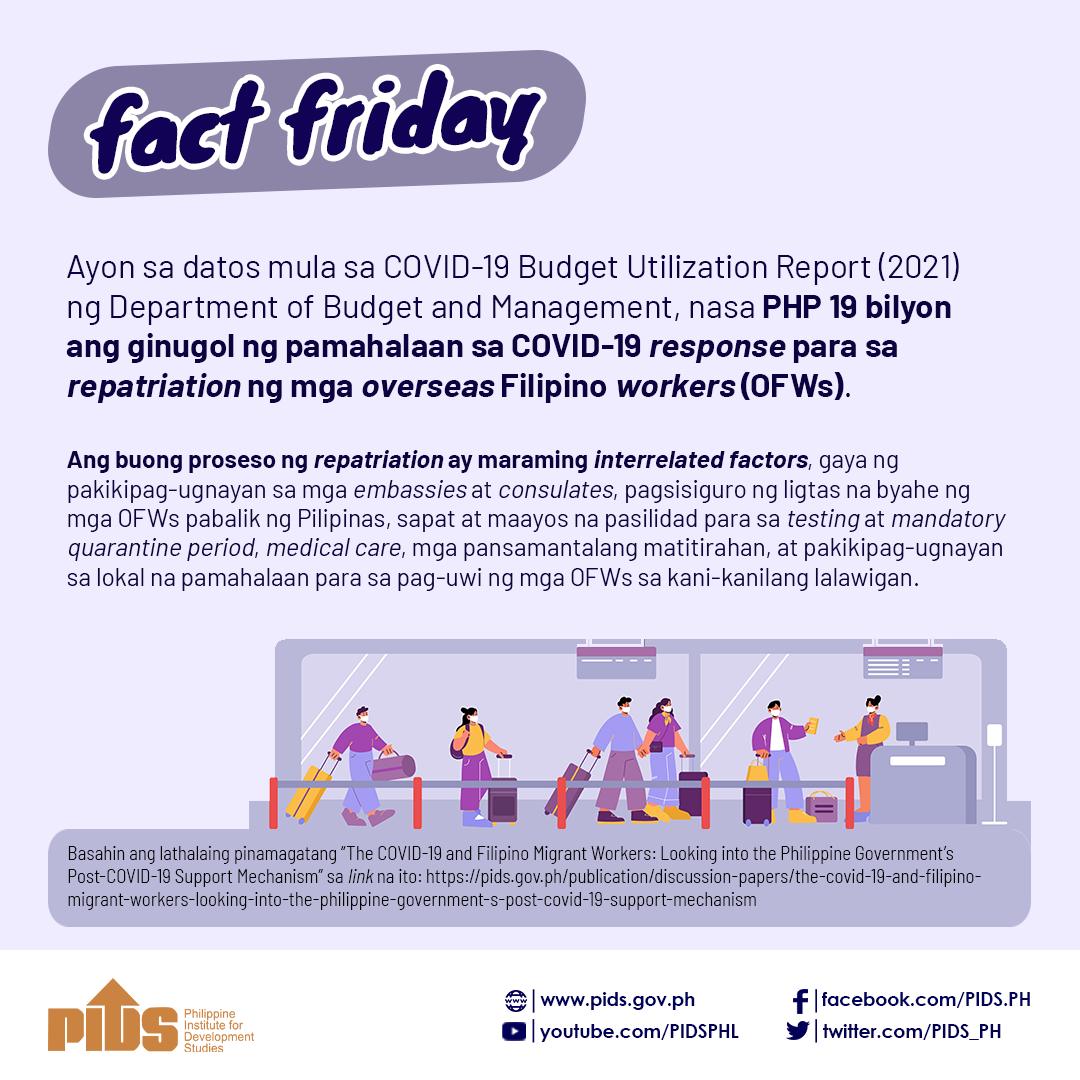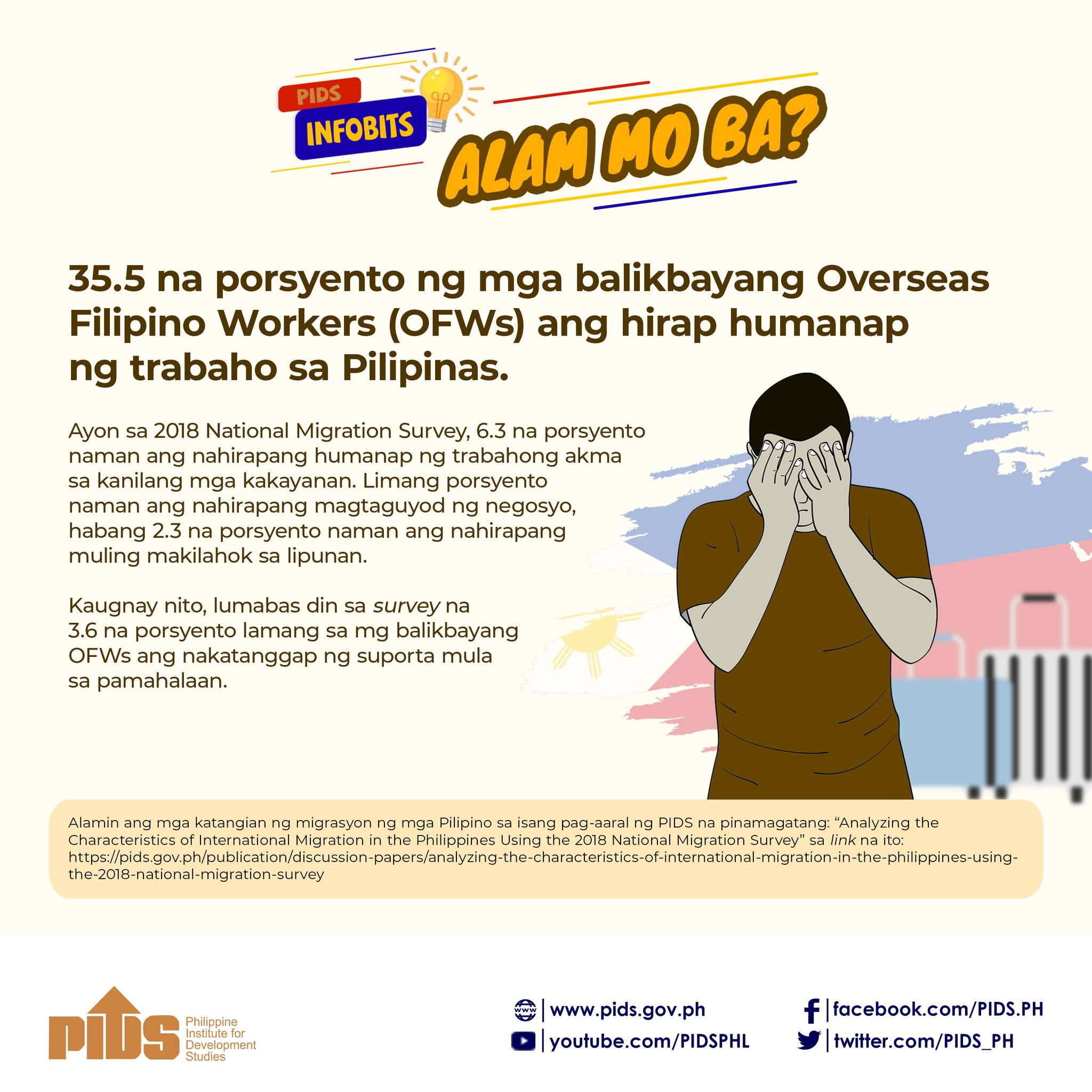The government should consider putting up a contingency fund in the General Appropriations Act for emergency repatriation, especially for future crises that are of the same scale as the recent pandemic, according to a preliminary report published by the Philippine Institute for Development Studies (PIDS).
The discussion paper titled “The COVID-19 and Filipino migrant workers: looking into the Philippine government’s post-COVID-19 support mechanism” said it is crucial to build on the existing digital systems created during this period, strengthen newly formed and existing partnerships, reexamine overseas Filipino workers’ (OFW) insurance and social protection coverage, as well as consider the creation of, or expansion of existing, contingency fund to address future events of similar nature and magnitude.
“The COVID-19 was an unprecedented event that tested the capacity of the Philippine government in keeping migrant workers and their families protected and secured. It was not only a matter of simple repatriation process, but this also entailed a multi-dimensional system that encompasses repatriation, health interventions accommodation and logistical support for quarantine, and economic interventions in the form of financial grants to eligible workers, among others,” the report said.
“Existing policy frameworks have guided government response whenever applicable, however nothing has prepared the system for the scale of effects that the COVID-19 pandemic has brought. Thus, managing the influx of returning overseas migrants in the tens and even hundreds of thousands required no less than a whole-of-nation approach,” it added.
The report said although the Overseas Workers Welfare Administration (OWWA) has its own budget for emergency repatriation, it eventually needed additional resources from the national government for its operations simply because of the enormous magnitude of the returnees requiring support from the government.
“The government may also consider reviewing the Emergency Repatriation Fund of the OWWA on whether it must be augmented or whether there is a need to set
up another type of fund for addressing various needs (including those for reintegration and post-repatriation),” it said.
The discussion paper also highlighted that improving access to social protection is a must.
“It is useful for the government to explore a government-managed insurance scheme for OFWs that can cushion them in case of mandatory or unprepared repatriation or return apart from the financial grant that the government usually provides,” the paper said.
“Furthermore, it is important to review policies relating to insurance. Force majeure is often not included in the insurance coverage. However, with unprepared repatriation, it is crucial that OFWs gain other ways to remedy their situation,” it added.
The PIDS report pointed out that the situation brought by the pandemic was just another reminder of a long overdue need for effective social protection among migrant workers and their families.

